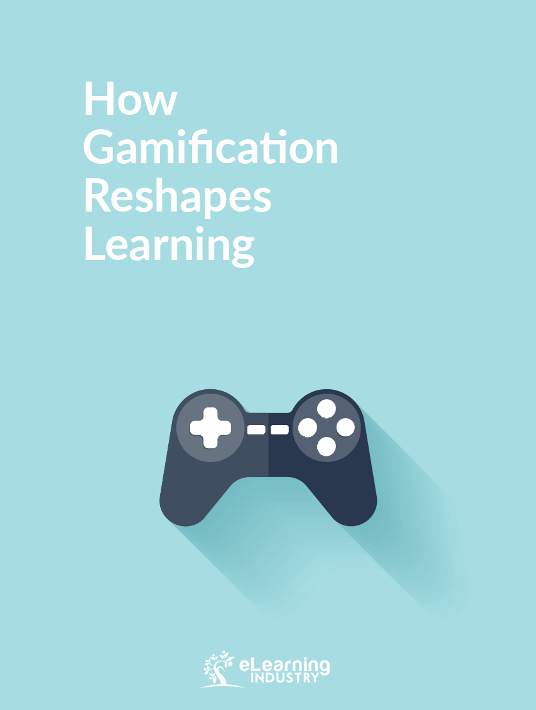Games are powerful engagement tools. They trigger emotion, fuel competitive spirit (or a cooperative spirit if designed as a cooperative game), and immerse us. These attributes make them powerful as learning tools, too. I have used games –or gamification techniques– in a variety of situations. Here are four situations that I think are all good uses of either a game or a gamification of the learning experience:
- People need to know something "cold" (e.g. from memory, sort of like multiplication tables) and it's not information that is enjoyable or easy to learn on its own.
- People's hearts and emotions need to be affected in order to open up to new ways of viewing or understanding something.
- People need a safe way to evaluate their skills and behaviors – and to improve them. Example: People who think they are stellar at project management can play a project management game and get an entirely new insight into how they ACTUALLY behave when faced with constraints or pressures.
- People need ongoing motivation in order to stay engaged in a long-term endeavor (a certification process, a long-term company initiative).
Example: We worked with a global company this year to prepare sales reps for the launch of a new product AND their first-ever Android Smartphones. We created a mobile game that helped them build their product knowledge, as well as skills in navigating the phone and accessing information. They loved competing, achieving new levels, and seeing their scores go up. The game’s challenges and feedback kept them highly engaged, and by the end of the game, they were adept at linking product features and benefits to specific customer questions and objections AND in using their phones.



